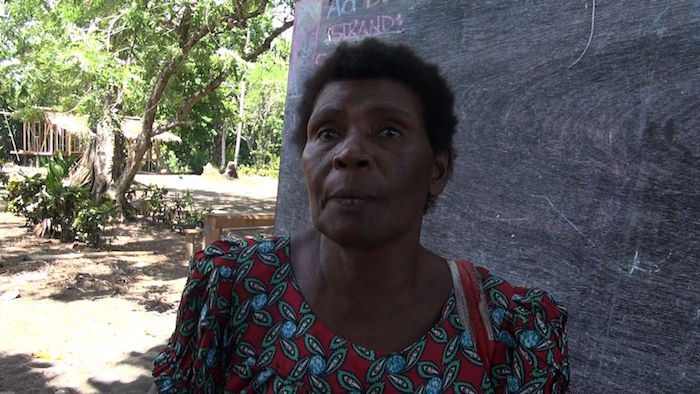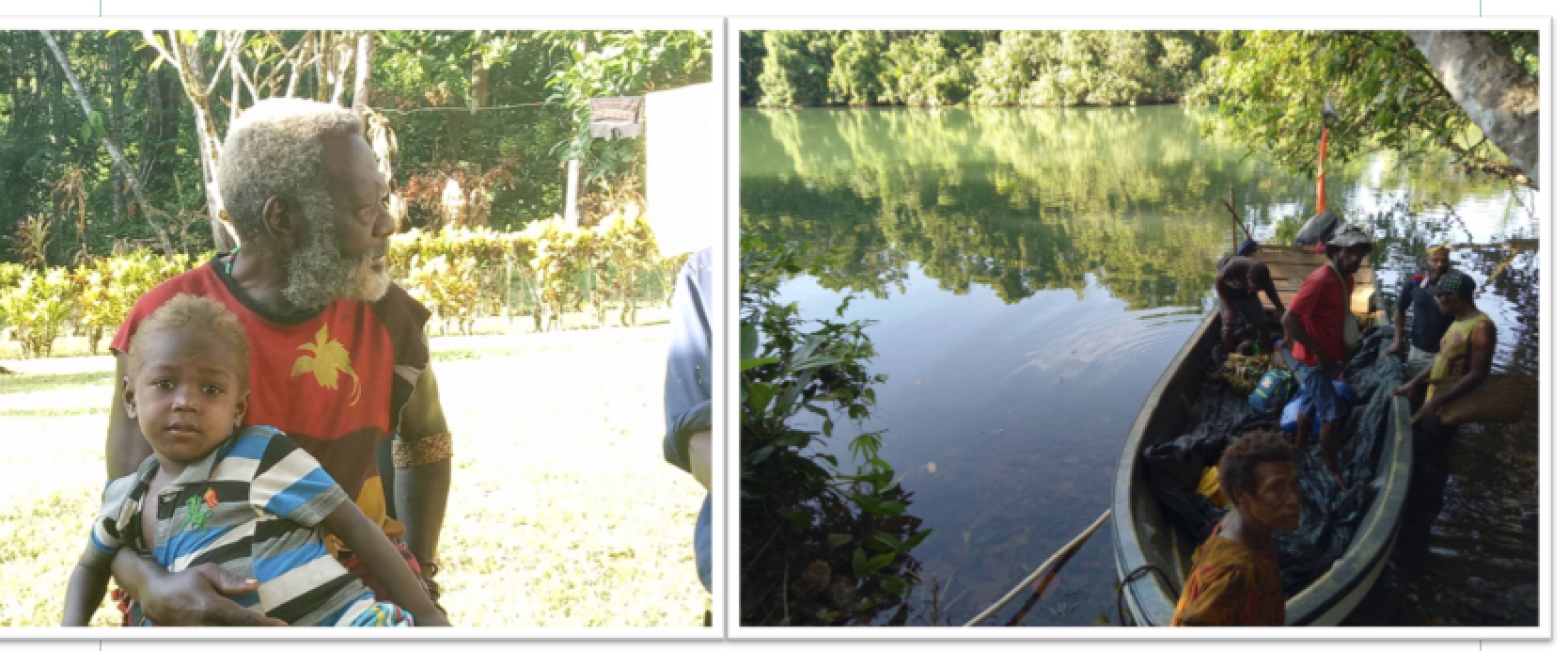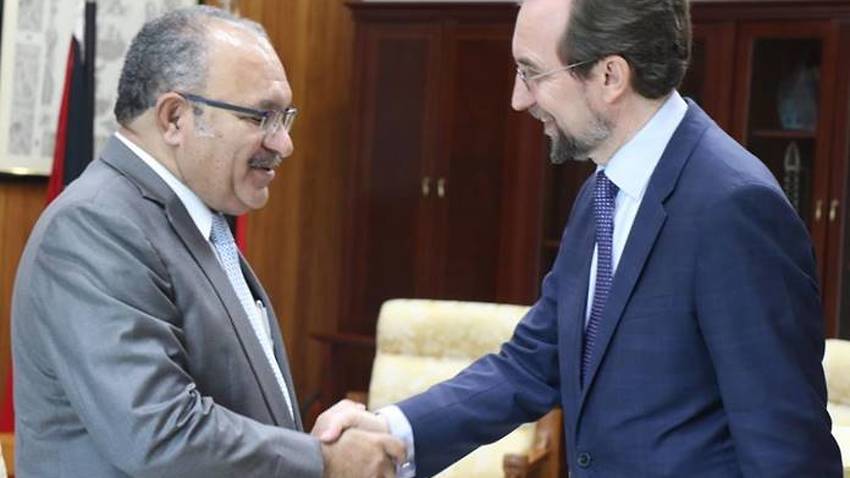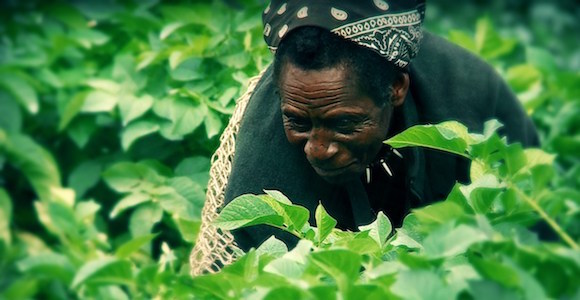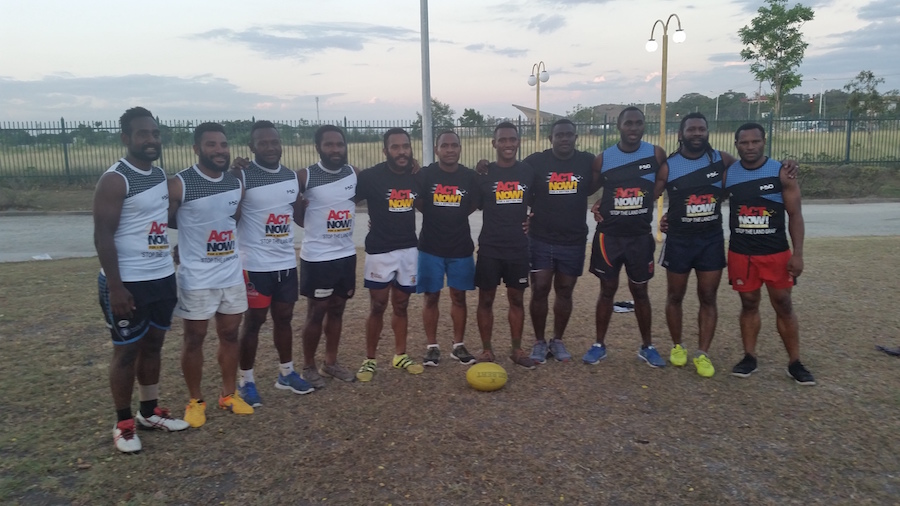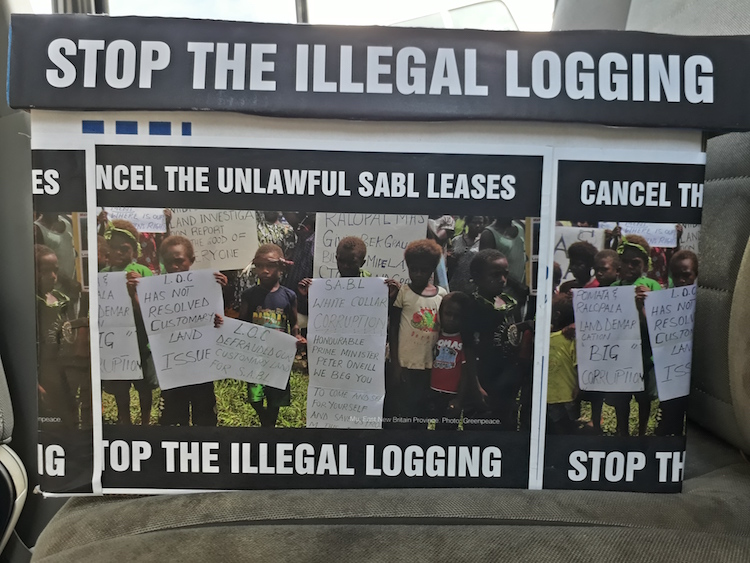
February 21st is the first anniversary of the presentation of a 10,000 signature petition to the Department of Lands demanding the cancellation of the SABL leases. 2018, also marks five-years since the SABL Commission of Inquiry exposed the full extent of the illegal land grab, which affects more than 10% of the whole country.

